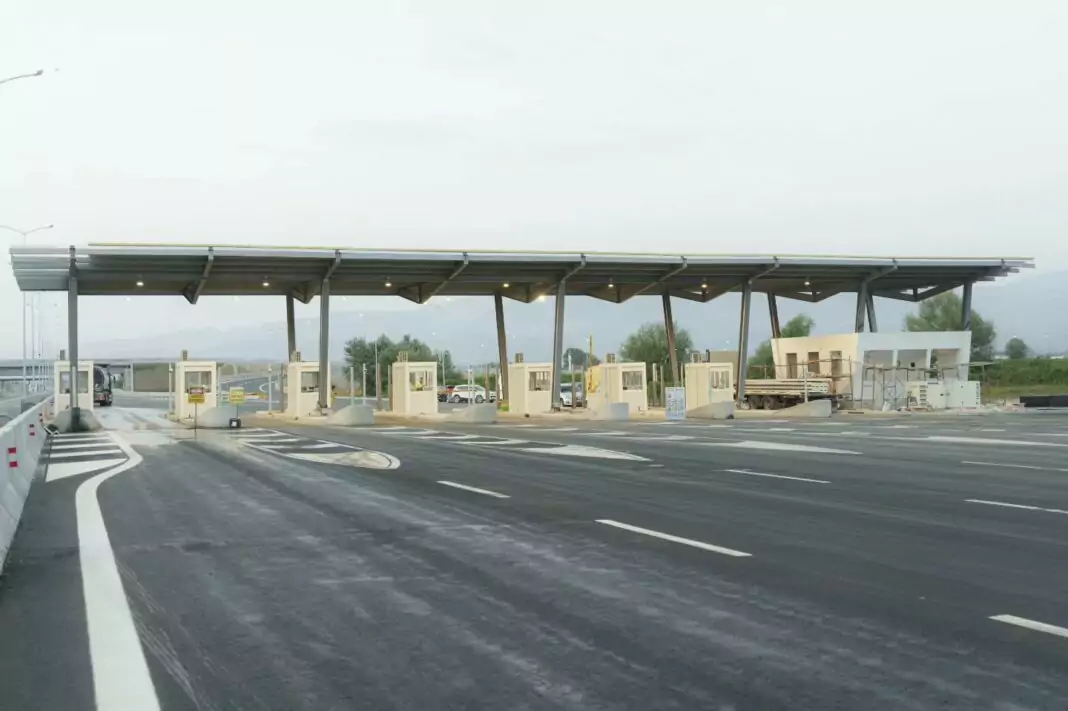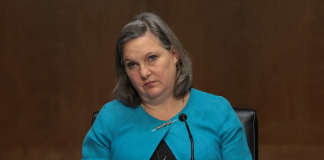‘Toll-free roads’ are among the strongest promises of the Democratic Party in this campaign, yet its implementation faces legal and financial challenges. Concession contracts are legally protected, and any unilateral termination could cost the state millions of euros in compensation.
Esmeralda Topi
‘In the first week of government, toll roads will be free’. This is one of the most striking promises former Prime Minister Sali Berisha made at the height of the campaign for the May 11 elections.
‘The toll booths will be removed in the first week, you won’t pay a single cent’, Berisha said during an electoral rally in Kukës, describing the toll on the ‘Nation’s Road’ as an injustice to the citizens of the North’.
Fact
Currently, Albania has two toll road corridors for users:
- Milot-Morinë (Nation’s Road) – with a toll fee of 5 euros since 2018, under a 30-year concession granted to the company ‘Albkalaj’.
- Thumanë-Kashar, a highway with a toll fee of 2.1 euros starting January 3 this year, under a 35-year concession granted to the company ‘Gener2’.
In both cases, the tolls are stipulated in contracts protected by law, where the state has obligations to the private companies if it unilaterally stops enforcing the contract.
Is a toll-free road possible? In theory, yes. In practice, it comes with high costs. If a government decides to compensate the concessionaire for lost toll revenues, the payment simply shifts from citizens’ pockets to the state budget, which ultimately still means citizens bear the cost. Instead of presenting a concrete plan to negotiate or improve the contracts, a drastic measure is announced that raises more questions than it solves.
‘This promise is more a message to voters than a feasible policy without consequences’, experts say.
‘More than an obvious possibility, this promise, if the opposition bloc wins the elections, is a simplification of a complicated issue in a strong electoral context. Still, it is positive that sensitive issues such as the state budget and family budgets are being publicly debated’, says Zef Preçi, executive director of the Albanian Center for Economic Research.
‘A unilateral decision to remove tolls would end in arbitration, and the state would be forced to pay millions of euros in compensation’, warns economic expert Ilir Brasha.
Economics and finance expert Elvin Meka shares the same view.
‘One option is for the government to pay the cost of contract termination; the other is arbitration, which is certainly no less costly’, Meka stresses.
Arbitration Costs
Albania has repeatedly ended up in international arbitration courts due to unilateral termination of concession contracts. According to data from the Ministry of Finance, the total cost to the budget from lost cases has reached 181 million euros by the end of 2023. Each new case risks increasing the burden on the state budget. The Ministry of Finance has continuously recommended strengthening the negotiating role of budget institutions and State Advocacy in these matters.
‘This is aimed at ultimately easing, reducing, and/or avoiding the financial burden on the state budget’, states the Ministry of Finance.
Experts explain that the most appropriate way to manage such contracts is:
- Reviewing tariffs rather than canceling them
- Negotiating reductions rather than unilateral termination
- Developing alternative public roads so citizens are not left without choices
‘Only this can guarantee a fair and sustainable toll system’, argues Eduard Gjokutaj from the ALTAX center.
Experts also stress the importance of auditing the costs of concession contracts.
‘More than terminating these contracts, it would be better to audit the excessive costs of the concessions, which translate into user fees beyond any economic rationale’, Meka further emphasizes.
Conclusion
The Democratic Party’s promise to immediately abolish all toll payments on concession roads is unsupported by the legal and financial realities of current contracts. Experts in finance and infrastructure warn that such an action would lead to very high costs for the state budget and could result in international arbitration disputes. Therefore, the promise is viewed as electoral rhetoric without a concrete plan for implementation. Instead of toll-free roads, Albania needs fair contracts, transparency, and sustainable policies. Because a ‘free road’ is never really free. Someone always pays.










